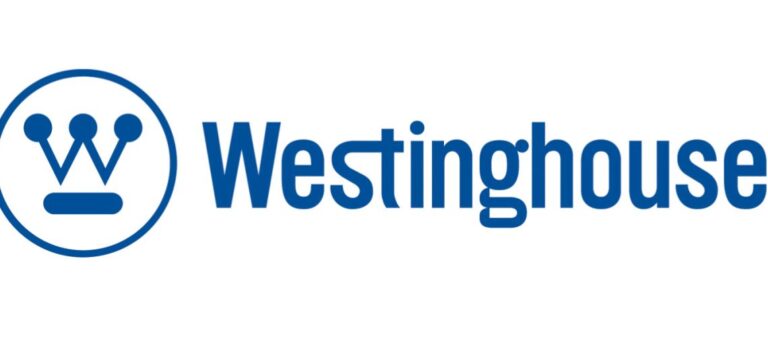Westinghouse Electric Company has announced that the UK government’s Nuclear Fuel Fund has awarded three grants to modernize and expand the Springfields fuel fabrication plant, in support of new-generation nuclear reactors in the UK.
Supporting new-generation nuclear reactors:
The Nuclear Fuel Fund has awarded three grants worth a total of £10.5 million to modernize and expand the Springfields plant. These grants will enable the development of more light water reactor fuel variants, including for the AP1000® and AP300™ reactors. The funding also supports the potential production of advanced low-enriched uranium (HALEU) nuclear fuels for the UK’s third and fourth generation fission reactors.
“Today’s £10.5 million government funding for Westinghouse’s Springfields plant will support the development of new fuel technologies, essential to the design of the next generation of nuclear reactors, while creating highly skilled jobs in Preston and across the North West region,” added Minister Bowie. “Thanks to the Nuclear Fuel Fund, companies like Westinghouse will be at the forefront of our nuclear recovery.”
Strategic partnerships for the future of nuclear power :
Westinghouse will collaborate with Terrestrial Energy and the National Nuclear Laboratory. This union will enable the supply of enriched uranium tetrafluoride (UF4) and molten salt fuel. These products are intended for use in Terrestrial’s integrated molten-salt reactor. These partnerships strengthen the capabilities of the British nuclear industry and open the way to new technologies.
Confidence in the future of nuclear power in the UK :
Tarik Choho, President of Westinghouse Nuclear Fuel, expresses his confidence in the capabilities of the Springfields manufacturing site and looks forward to the future of nuclear power in the UK. This collaboration with the Nuclear Fuel Fund is a sign of support for the country’s nuclear industry.
“This investment from the Nuclear Fuel Fund is a vote of confidence in the capabilities of our Springfields manufacturing site,” said Tarik Choho, President of Westinghouse Nuclear Fuel. “We are excited about the future of nuclear power in the UK and the role Westinghouse will continue to play in its success.”
Commitment to safer energy:
Andrew Bowie, UK Minister for Nuclear Energy, stresses that nuclear power is central to the plan. The plan aims to provide cleaner, safer domestic energy.
“Nuclear power is at the heart of our plan to deliver cleaner, more secure domestic energy for the UK, strengthening our energy security and providing highly skilled jobs to grow our economy,” said Andrew Bowie, UK Minister for Nuclear Energy.
This financial support from the government will help develop new fuel technologies for next-generation nuclear reactors.
The importance of the Springfields plant:
Westinghouse’s Springfields plant has been crucial to the manufacture of nuclear fuel for almost 75 years. The fuel thus plays a vital role in supporting the production of clean, secure energy in the UK and around the world, helping to reduce CO2 emissions by over 1.2 billion tonnes in the UK alone.






















